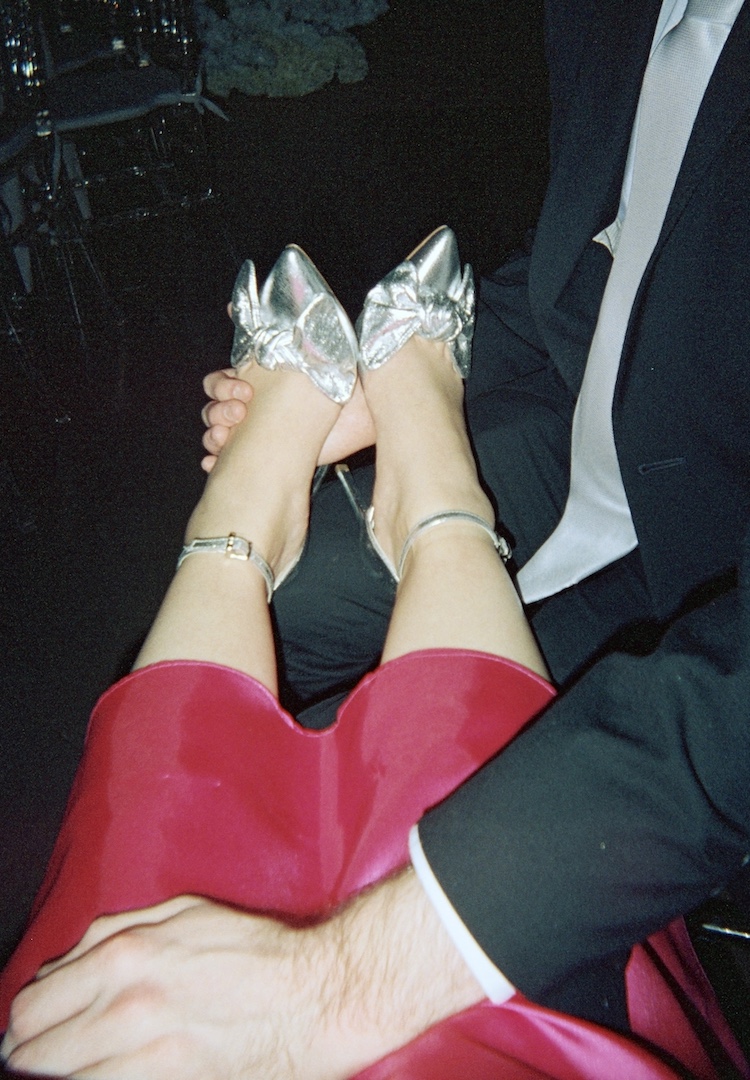Here’s how to get your foot in the door if you can’t afford to do an unpaid internship
PHOTOGRAPHY BY JASON HENLEY
WORDS BY ISABELLE SACKS
Because not everyone can work for free.
In many fields, having internship experience gives you a leg up in pursuing an entry-level job, and in some, it might even be seen as a sort of requirement – a signal that you’ve ‘paid your dues’ – leaving you at a disadvantage if you don’t do one.
Unfortunately, many internships are unpaid, making them out of reach for many students and graduates who can’t afford to work for no money (i.e. further entrenching existing privilege).
Yes, internships are valuable. They can aid you in clarifying your long-term career interests, developing marketable skills, and launching a professional network.
But they’re only one way to accomplish these goals. Internships aren’t golden tickets either, so a lot of this is relevant whether or not you’re doing one (I know I’ll certainly be putting some of the advice into practice).
To find out more, I spoke to Emma Edwards, founder of the hit financial blog The Broke Generation, who recalled to me how hard it was trying to break into the London media world.
“I’d go along to interviews thinking, ‘They didn’t say it was unpaid, maybe it will be paid,’ and then you get there and it’s unpaid or just expenses covered. I’d think, ‘Oh wow, $20 dollars for lunch, I can’t live on that!’” she says.
Russh Magazine’s Digital Content Director Mia Steiber, who wasn’t in a financial position to take unpaid work while she was studying, told me about the rationale behind why so many entry-level opportunities in media aren’t paid.
“Many of the most cherished publications in Australia do run with shoestring budgets and there’s just no room to offer paid internship placements… But it does make it quite challenging when you’re starting out and you don’t have the same opportunity as some of your peers to work unpaid,” she explains.
It’s not what you know, it’s who you know
Sometimes cliches are cliches because they’re true. An estimated 70 per cent of jobs are never advertised, so your network really does matter. Internships can be a great way to start building a list of professional contacts, but they’re certainly not the only way.
Mia went into editorial with zero connections. “That was a really terrifying prospect, but I had a number of really close friendships with all the people that were studying the same coursework as me. Make friends with the people who are on the same career path as you and you’ll find that you’ll build your own network very quickly.”
Emma recommends really stepping up your LinkedIn game. “A lot of people are a little bit scared or confused by LinkedIn, but having your profile fully fleshed out on LinkedIn is really important… I don’t think people realise how many people are looking at it,” she says.
One important way to get noticed on LinkedIn is to connect with key people, especially in the hiring departments, of companies that you’re interested in. She also advocates for setting up virtual coffees with peers that might be slightly more senior than you are.
“A lot of the time, people are really happy to share their journey or relevant contacts. Even though that conversation mightn’t eventuate to anything straight away, it can be really valuable down the line,” Emma says.
Use your place of education
While doing unpaid work can be inaccessible, there are plenty of paid opportunities out there that will give you a chance to learn some occupational skills, network and try on some potential careers for size.
Mia recommends working with your place of education, whether that be a university, a college or a TAFE to find paid placements.
She managed to find and secure four paid internships while she was studying, all through her university. “They have the contacts, they have the resources, and they’re the ones that want to help you succeed,” Mia explains.
YouTube has all the answers
Gaining practical skills can be a massive upside of interning. Luckily the wonders of the internet have got you covered. “What I did when I was starting out (and still do to this day) is look through job ads on Seek, even if they’re not ones I’m planning on applying for, to see what programs and skills they’re looking for.
“Then jump on YouTube or Skillshare or a really cheap online course – it might be that they want Adobe Suite experience for example – and there are so many online video tutorials out there,” Emma says.
Once you do that, you might not have working experience in it, but you can say, ‘I saw that this was a necessary skill, so I taught myself’. “Quite often because you’ve gone out of your way to learn, they will respect you even more,” Emma tells me.
Start a freelance career
One barrier to entry with interning is that it requires a significant time investment that can be difficult to square with uni and work. That’s where freelancing can come in. Not only is it an opportunity to practice your skills, but it’s also paid and usually doesn’t rely on a set time commitment.
Emma started on Upwork, a platform that connects freelancers with businesses, which she says was key in helping her put together a portfolio of work and growing her network organically. “Being able to carve out pockets of time to freelance can still mean you get your foot in the door,” Emma says.
Mia hustled for bylines by submitting pieces for free to publications that she admired. “That is definitely an option if you can’t do a full day of unpaid interning, I just wrote and wrote in my spare time. When I got home from work, I would just sit there and tap away at my computer and submit to wherever would accept,” she says.
Don’t discount your part-time job
Learning how to properly articulate what you’ve learnt and achieved at a job in retail or hospo can be just as important as industry experience when you’re starting out.
“I think a lot of the time people can be quite self-conscious if they’re in uni or they’ve graduated and are wanting to get into professional work but have only worked at Cotton On,” Emma says. “But you do learn a lot of skills when you’re in a part-time job, so really think about how you can align the skills that you have with the skills that they’re looking for.”
Stop comparing yourself
An internship might give others bit of a head start, but it doesn’t mean by any stretch that you won’t be successful in the long run without one (and vice versa), it might just take a second.
“Just for your own mental health, try not to compare yourself to other people. I know that it was a trap that I sort of fell into,” Mia tells me. “You kind of learn as you get older that the playing field isn’t always level and comparing yourself is just going to make you feel inadequate.”
Looking to step up to a career in fashion? Each week we send a wrap of industry jobs straight to your inbox. Enter your details below and we’ll keep you in the loop, or browse current openings here.













